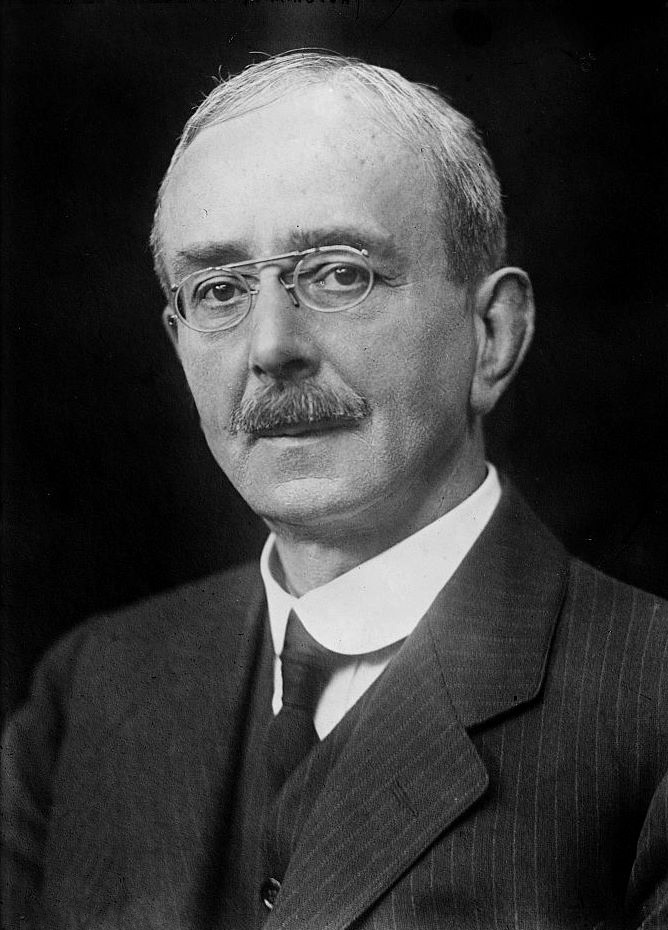Sherrington, Charles Scott, Sir, 1857-1952
Enlarge text Shrink text- LCN
Sir Charles Scott Sherrington (27 November 1857 – 4 March 1952) was a British neurophysiologist. His experimental research established many aspects of contemporary neuroscience, including the concept of the spinal reflex as a system involving connected neurons (the "neuron doctrine"), and the ways in which signal transmission between neurons can be potentiated or depotentiated. Sherrington himself coined the word "synapse" to define the connection between two neurons. His book The Integrative Action of the Nervous System (1906) is a synthesis of this work, in recognition of which he was awarded the Nobel Prize in Physiology or Medicine in 1932 (along with Edgar Adrian). In addition to his work in physiology, Sherrington did research in histology, bacteriology, and pathology. He was president of the Royal Society in the early 1920s.
Read more on Wikipedia >
 Personality
Personality







